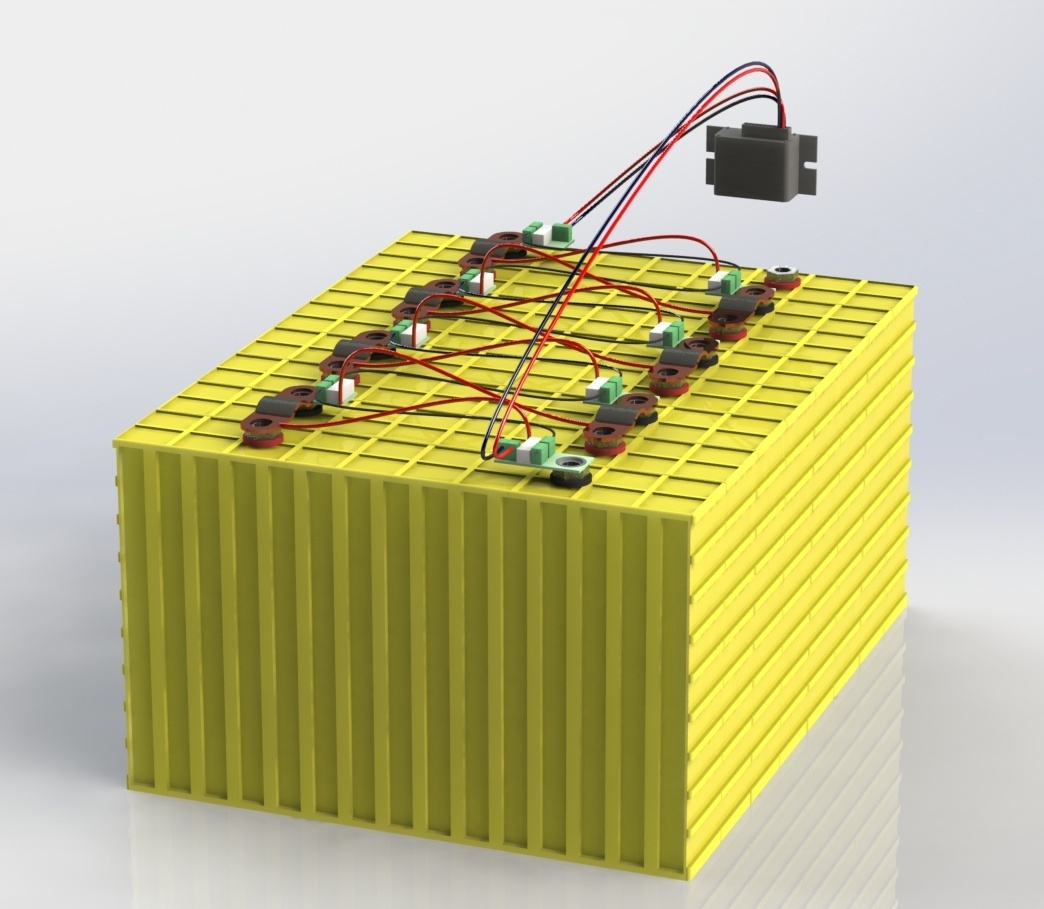However, one of the major drawbacks of these batteries is their steep price, which makes them unaffordable for many people. But, with the growing demand for lithium-ion batteries, prices are gradually decreasing as production increases. In this blog, we will explore the affordability of lithium-ion batteries and why they are becoming increasingly cheap.

The Cost of Lithium Ion Batteries
Lithium-ion batteries were initially invented in the 1970s, but their widespread application began in the late 1990s. At the time, their production was limited, and they were relatively expensive. However, with advancements in technology, production increased dramatically. Over time, the cost of production decreased, making them more affordable for consumers.
Initially, the cost of lithium-ion batteries was as high as $300 per kilowatt-hour (kWh). Fast-forward to the present day, that cost has dropped to around $137/kWh. This decrease in price is a result of economies of scale from increased production of batteries and improvements in technology.
Lithium Ion Batteries and Electric Vehicles
One of the major applications of lithium-ion batteries is in electric vehicles. Many big-name companies, such as Tesla, Hyundai, and Nissan, have invested in using these batteries in their electric vehicles. However, the high cost of electric vehicles is a significant barrier to their adoption. The cost of the battery pack in an electric vehicle is one of the most significant contributors to the high cost of owning an electric vehicle.
In recent years, however, prices have started to decrease. In 2010, the average cost of a battery pack used in electric vehicles was $1,100 per kWh. Today, that cost has been reduced to around $137/kWh, partly due to the development of cheaper battery materials and technologies.
As a result, the price of electric vehicles is gradually reducing. The affordability and availability of electric vehicles are also increasing, which is driving the growth of the electric vehicles market. The increasing use of lithium-ion batteries in electric vehicles has also led to an increase in their production, making them more affordable for other applications that require rechargeable batteries.
Emerging Markets for Lithium Ion Batteries
While the dominance of lithium-ion batteries in the electric vehicle market is well-known, their use cases are not limited to just electric vehicles. Lithium-ion batteries are also becoming popular in the residential and commercial energy storage markets.
As solar panels become more popular, energy storage systems that can store excess solar energy are becoming increasingly important. Lithium-ion batteries are an ideal solution because they can store solar energy efficiently and release it when it is needed most. The demand for residential and commercial energy storage systems has increased globally, which has led to increased production and reduced costs.
The Future of Lithium Ion Batteries
The Future of lithium-ion batteries looks very promising. The demand for rechargeable batteries is increasing rapidly, driven by the growing popularity of electric vehicles, energy storage systems, and other electronic devices. With the global push toward cleaner and more sustainable energy, the demand for lithium-ion batteries is expected to increase even further.
In the coming years, we can expect to see more developments in the technology, which will make lithium-ion batteries even more affordable, efficient, and eco-friendly. Innovations in materials, manufacturing processes, and battery management systems are already being made to reduce the cost of production and improve battery performance.
Conclusion
Lithium-ion batteries have been a game-changer in the world of rechargeable batteries. They have revolutionized the electric vehicle market, energy storage systems, and other electronic devices, among others. The increasing demand for these batteries has led to innovations and improvements in technology, which has made them more affordable and accessible.
The reduced cost of production, advances in manufacturing processes, and the growing demand for sustainable energy are some of the factors driving the increasing affordability of lithium-ion batteries. As lithium-ion batteries continue to become cheaper, their market visibility, production and adoption are getting even higher. We can expect to see more sustainable energy solutions, affordable electric vehicles, and eco-friendly energy storage systems in the future, all powered by lithium-ion batteries.